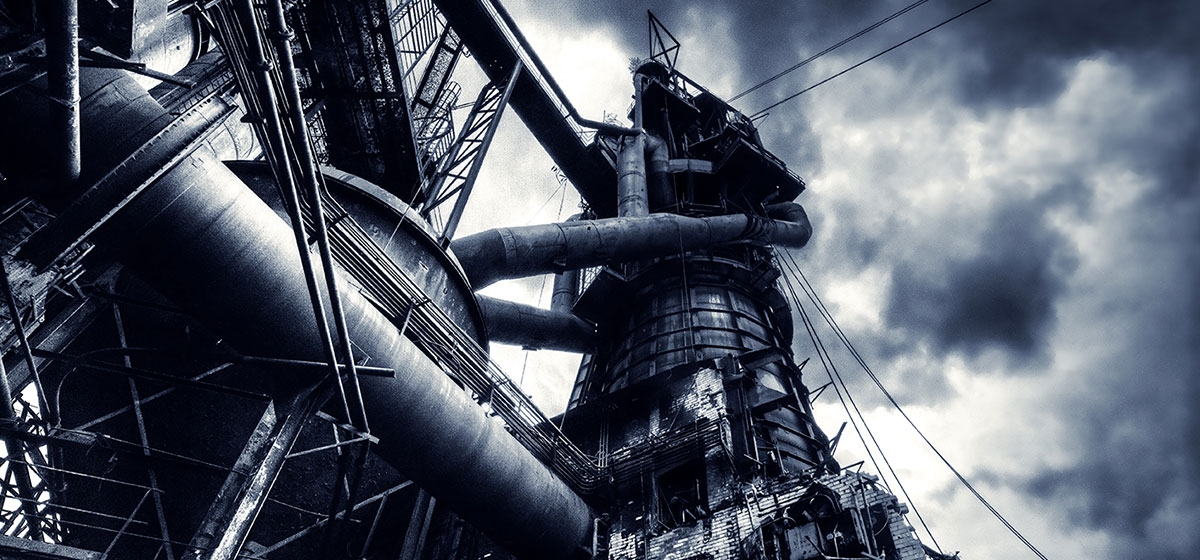On the (Inevitable) Donald, Part II

One reason I dislike Trump but also dislike his elite critics is because I have the misfortune to live in both camps. If you merely took a quick, casual glance at my vita you might conclude (as I try to trick everybody into concluding) that I am a card-carrying member of the elite American intelligentsia. I went to cool Ivy League schools, slaved away at a large white shoe law firm,(1) ran an office for an iconic American family, founded a firm that advises a whole lot of rich people, write lots of boring books, blah, blah, blah. It’s the sort of resume that causes Bernie Sanders supporters to choke on their kale.
But that vita isn’t the whole story; in fact, it might not be the most important part of the story. Because there’s another side to that c.v. (the one I usually keep firmly out of sight): I was born into a working class family in a tiny farm town in southwestern Ohio; my father came home from World War II and went to work in a mill, and 40 years later he retired from that same mill; I went to high school in a grim Western Pennsylvania mill town characterized mainly by industrial violence and deadly pollution; I was drafted into the army during Vietnam, where I served as a military policeman and where every man I served with had only a high school education (at best). In short, my formative years, my oldest friends, my army buddies and many of my relatives place me firmly in the heart of Trump country.
In my next couple of posts we’ll try to look at the American experience not through the eyes of upper middle class elites, and not through the eyes of the folks who have rightly benefited from our era’s push for inclusiveness. Instead, we’ll try to look at that experience from the point of view of the working people who are voting for Donald Trump. We’ll observe (from a safe distance) as America’s working families, once the core of what it meant to be an American, strained again and again to bear the burden of well-intended social experiments. We’ll watch as the elites who sponsored and enforced those well-intended experiments carefully avoided bearing any of that burden themselves.
At the end of this series of posts we will, I hope, no longer be surprised by the popularity of Donald Trump. Instead, we will wonder why it took so long for such a candidate to arise.
(1) If you’re not a member of the elite American intelligentsia you are probably wondering what a “white shoe” law firm is. The term itself derives from the white bucks formerly favored by men at Ivy League colleges. But more broadly a white shoe firm is one that has been in existence for a very long time, represents Blue Ribbon clients, and tends to be snooty. My law firm, now known as Reed Smith, was founded as Knox & Reed in 1877 and represented, inter alia, Andrew Carnegie, H.J. Heinz, Andrew Mellon, Henry Clay Frick, George Westinghouse, etc. Philander Knox served as a U.S. Senator, U.S. Attorney General and U.S. Secretary of State.
Next up: On The (Inevitable) Donald, Part III





